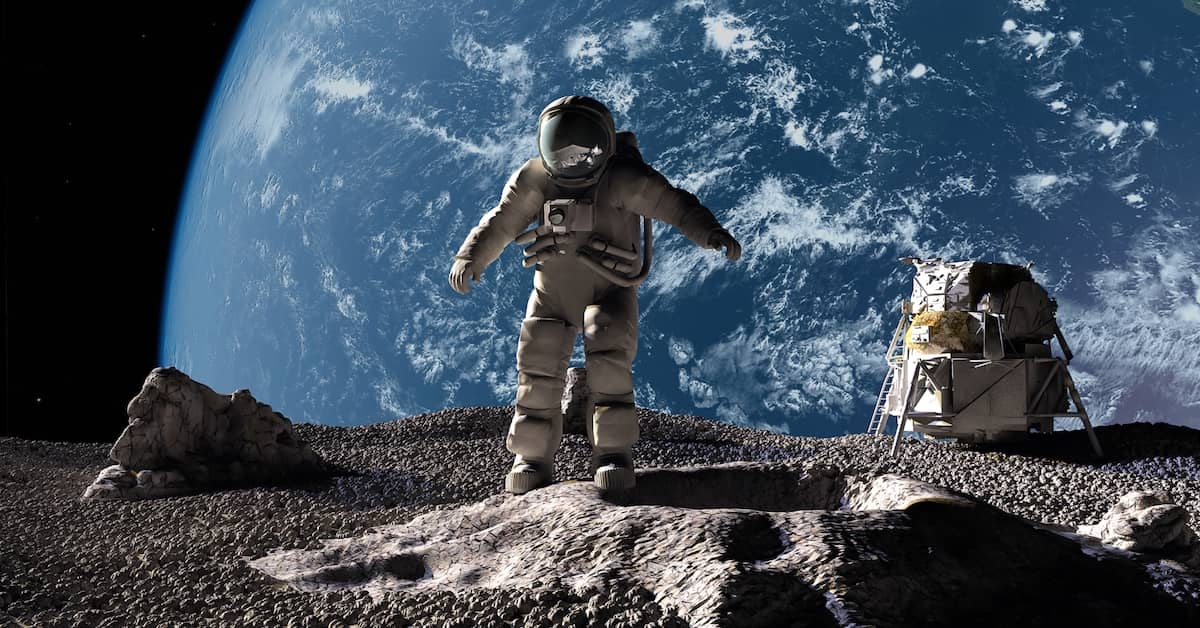
The many negatives of space travel were expected to take their toll on Scott's health -- and they did.
What researchers did NOT expect was a sizable and positive change in an important marker of aging. . .
Increases Risk of Heart Disease
The effects of extended space time on health are largely unknown because only eight astronauts have stayed longer than ten months. Researchers needed more detailed information if humans were ever to travel to Mars.The result was a “Twins Study” designed to look at this topic in depth. It involved 84 researchers and 12 institutions across the US. They reported their findings in the journal Science in April.
Preparations were intense with thousands of biochemical measurements taken of the twins for a total of 25 months, starting six months before and ending nine months after the mission.
While making his home 250 miles above Earth, Scott collected blood, urine and feces samples. These were returned to NASA by astronauts making shorter visits to the space station.
Previous studies have shown that low gravity, radiation exposure (much more intense above the atmosphere), restricted diets (not much fresh produce, I bet!), limited exercise, disrupted sleep cycles and stress all inflict some damage to the body. They can weaken bones, reduce muscle mass, cause weight loss and induce fatigue. These problems can all be reversed once you’re back on Earth.
Long term problems include a much higher risk of heart disease.
In the Twins Study, a range of genetic and molecular changes took place in the astronaut compared to his brother during his time in space, but on his return virtually all of them were back to normal after six months.
For example, his DNA suffered "gross, large-scale damage," gene expression altered dramatically, eyes changed shape, gut bacteria modified, and the carotid artery, that carries blood to the neck and head, thickened, potentially increasing the risk of heart disease and stroke. Post flight, the astronaut experienced some cognitive decline.
But the change that really surprised the scientists was that Scott's white blood cell telomeres lengthened by 14.5 percent.
Space - The Fountain of Youth?
Telomeres are protective caps that sit at the end of chromosomes. They shorten with age and are considered a biomarker of accelerated aging. Shorter telomeres are linked to heart disease and cancer, while longer ones are associated with an extended lifespan.Professor Susan Bailey of Colorado State University, one of the scientists involved with the study, said, “We imagined going into the study that the unique kinds of stresses and extreme environmental exposures like space radiation and microgravity would act to accelerate telomere loss.
“It was really quite a surprise to us that what we saw was a very space flight specific elongation of telomeres. We’re scratching our heads on exactly how those really dramatic shifts in telomere length are happening.
“I won’t go so far as to say that space is a fountain of youth — but on Earth, this isn’t in the literature.”
Prof Bailey believes that once they understand why telomeres grow longer, it might be possible to slow the loss that occurs naturally here on Earth with aging -- and thereby give people a longer life.
If you're wondering what happened to Scott's telomeres once he got back home, it's not good news. Within 48 hours they rapidly shortened, and within mere months had contracted even further. They're now shorter than they were before the Twin Study began.
If you're interested in a longer life, best to stay here on Earth.


